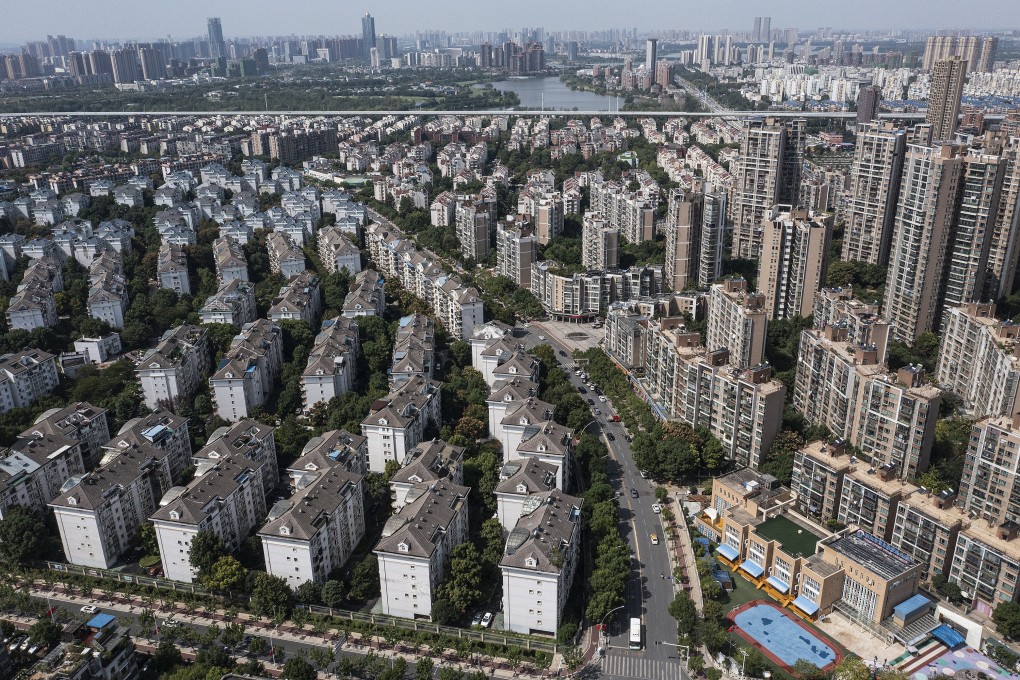What China’s Evergrande crisis means for its real estate market and the world
- Until recently the world’s largest property developer, China Evergrande is at risk of drowning in a tsunami of debt. Just how far will the ripples be felt?

Sunny Peninsula, a seaside development in Guangzhou, Guangdong province, southern China, was supposed to house 5,000 families in dozens of towers spread across an area the size of 30 football pitches. Many of the buyers were white-collar workers benefiting from the fastest urbanisation in human history.
But the project now looks more like the set of a disaster movie. Half-finished residential blocks stand empty and abandoned. Untouched for months in the humid summer weather, piles of steel bars and beams are accumulating coatings of rust.
Evergrande is China’s largest issuer of high-yield dollar-denominated bonds, and bills are coming due to an array of banks and suppliers. Given its footprint in the housing market, there is also a risk of a disorderly collapse triggering a broader decline in property prices – bad news in an economy where 27 per cent of loans are for real estate.
The stress is not only being felt in bankers’ offices: homebuyers recently surrounded a government office in Guangzhou to demand construction be restarted on their flats, and unconfirmed videos circulating on social media depict similar protests in other cities.

